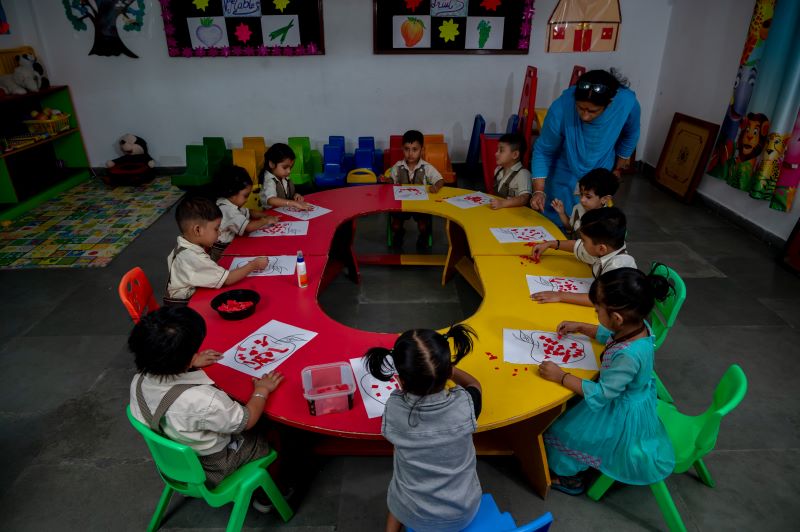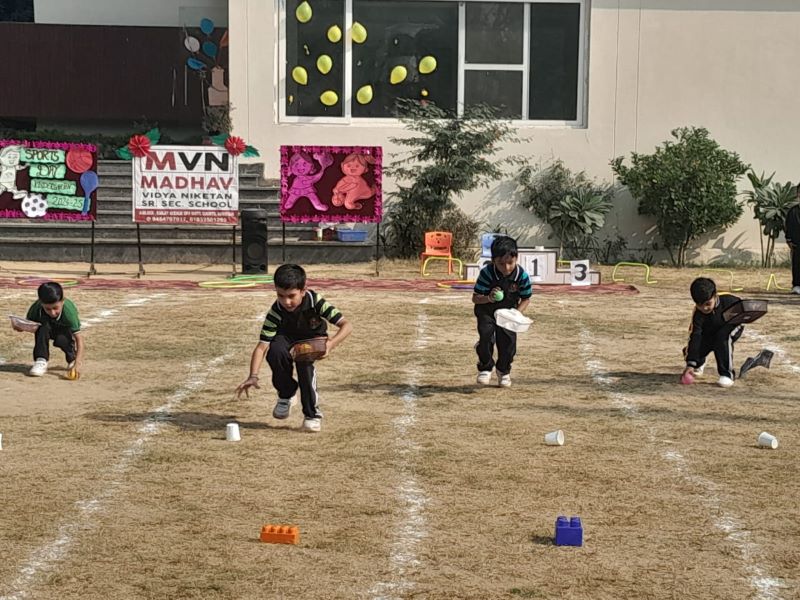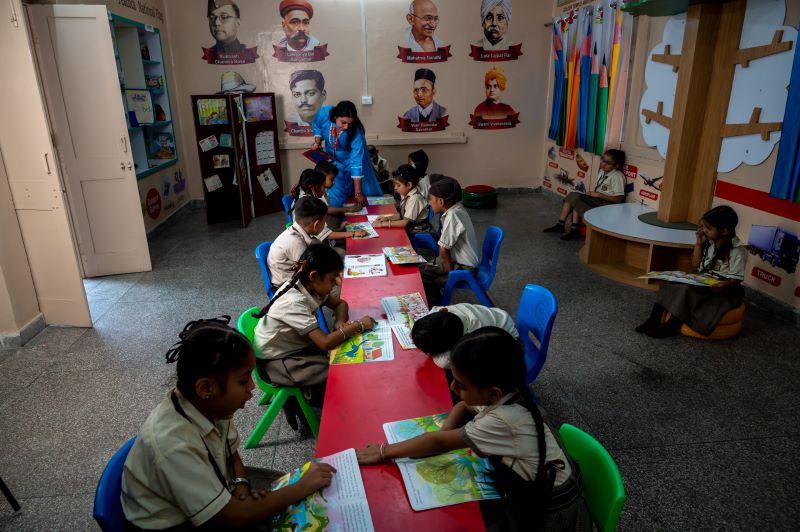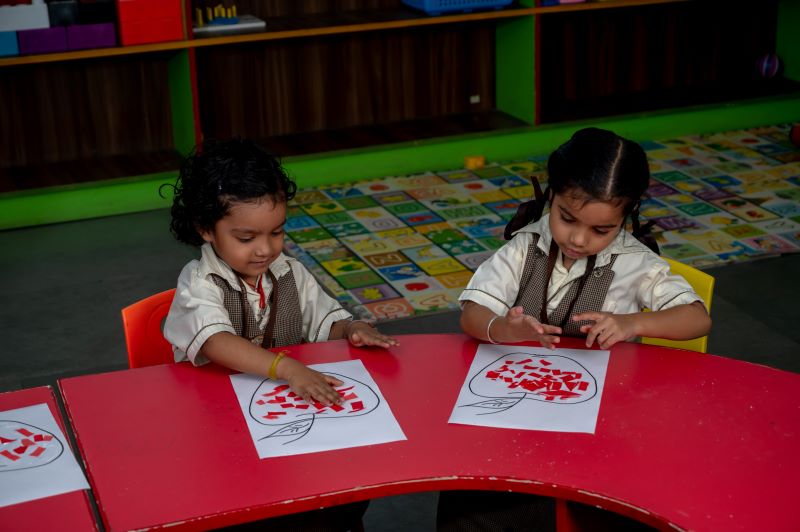Foundational Stage (Nursery To Class II) 5 Years (Age 3-8)
During this period, the rate of brain development is at its maximum. Which is why our curriculum focuses on creating a stimulating environment in the school to help every child develop their cognitive, psychomotor, and literary abilities at their own pace. We aspire our students to be healthy (physically and mentally), confident, resilient, and most of all a life-long learner.
Our Foundational Pedagogy comprises of the following Principles and Practices
The Practice Principles are based on the Early Years Learning Framework’s pedagogy, which is the best and most comprehensive approach to supporting children’s learning, development, and well-being.
We recognize that all children develop at different rates and ensure that each child develops to their full potential physically, socially, emotionally, morally, and intellectually. We make certain that important learning areas are covered, as well as that all of the young child’s developmental needs are met. Our Foundational Pedagogy comprises of the following principles and practices.
- Joyful Learning: Instead of the straight jacketed manner of teaching, we use play based or activity-based learning which makes learning fun, like -
- Pretend Play: Children take on a role, pretend to be someone else and understand their work (fireman, carpenter lawyer etc.) to develop their imagination and creativity.
- Hands-On Activities: Children learn to use of different materials, breakdown things and build them up. This helps utilize different sensory organs and improve problem solving abilities.
- Exploration of self: Involvement in creative activities such as drawing, writing, music, or storytelling. We also make children feel safe to explore themselves without fear of judgement and celebrate their own cultural and personal identities.

- Social Skills: A lot of emphasis is put on building socially responsible children who communicate effectively and interact with others in a respectful and kind way. We conduct activities which teach students importance of sharing things, playing in groups, celebrating festivals, and showing empathy towards others.
- Outdoor Play: Physical activity is vital for a child’s development and lays the foundation for a healthy and active life. Specific time is allotted to both guided and free play through which children get to enhance their psycho-motor skills, develop bonds with peers, and appreciate nature. In both outdoor and indoor settings, we provide safe and inviting environments. All equipment or materials used are also safe, durable, and appropriate for the age, ability and cultural background of the child.

- Language Learning Order ‘LISTEN–SPEAK–READ–WRITE.’
- Foundational Literacy and Numeracy (FLN): Like every tall building, the foundation must be strong. Right amount of focus on reading and writing skills during these years, will serve them throughout their academic careers. Few activities we conduct are -
- Encourage writing and drawing (words or shapes or figures) as soon as they can hold a pencil or crayon.
- Recognize and identify letters through alphabet songs, games, and hands-on activities.
- Developing number sense, understanding shapes and spatial relationships, measurement, data handling etc.

- Learnings at MVN Shisu-vatika
- Improves Participation
- Retention Of Knowledge
- Boosts Performance At Work
- Develops Problem-Solving Skills
- Fosters Collaborative Learning
- Makes Learning More Fun
- Nourishes Head, Heart and Souls of The Kids

